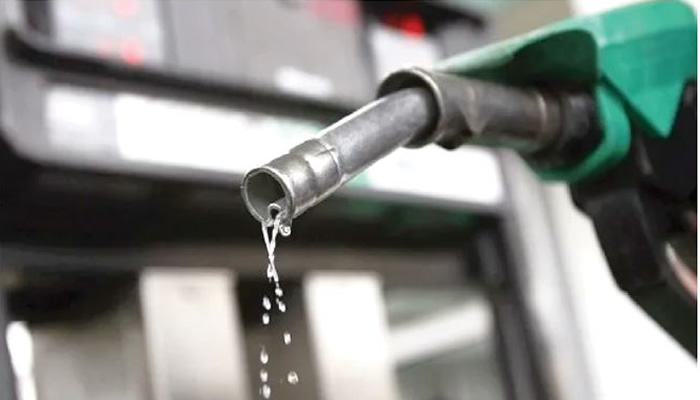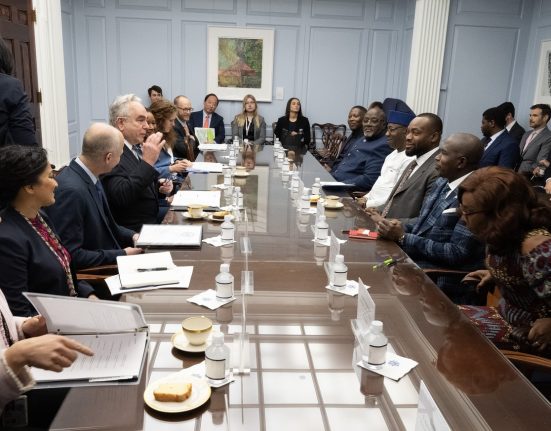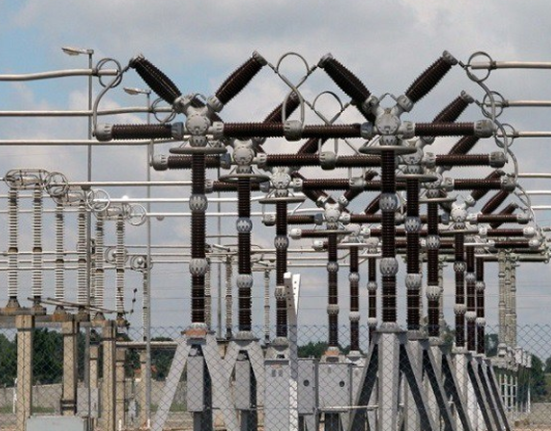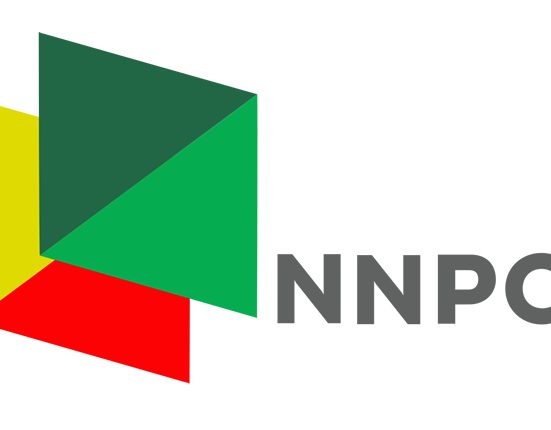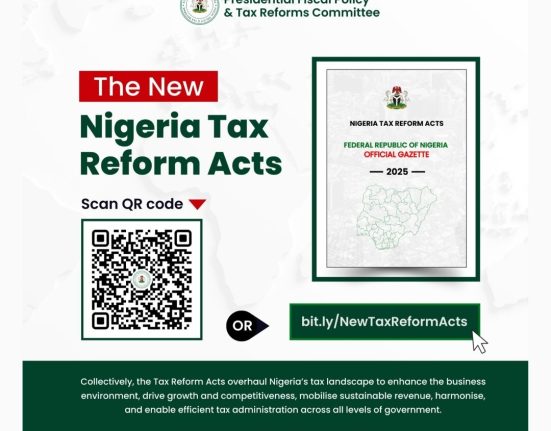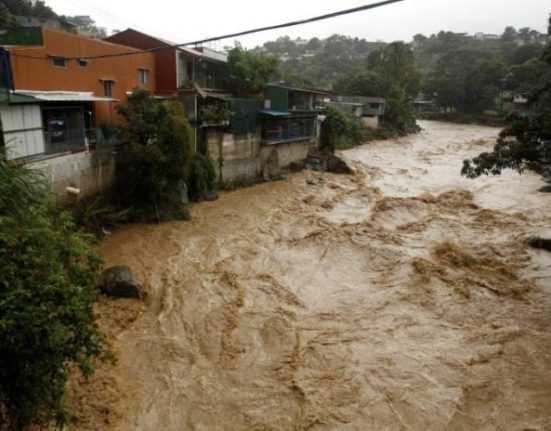Over 4,900 fuel retail outlets have shut down operations nationwide as independent petroleum marketers continue to grapple with crippling financial losses triggered by the unpredictable pricing of Premium Motor Spirit (PMS), also known as petrol. Stakeholders in the downstream oil sector attribute this crisis to the volatile and fluctuating prices set by the Dangote Petroleum Refinery and PMS importers, coupled with ongoing operational challenges.
Findings by sources revealed that the $20 billion Dangote Refinery, which began refining operations this year, has adjusted petrol prices no fewer than six times between January and April 2025, initially pegging it at N950 per litre before gradually reducing it to N835. This unstable pricing structure has created uncertainty in the market, forcing many independent dealers to reduce purchase volumes or shut their outlets entirely.
According to the Petroleum Products Retail Outlets Owners Association of Nigeria (PETROAN), the price volatility has had a devastating impact on the sector. PETROAN President, Billy Gillis-Harry, confirmed that over 70 percent of the association’s 7,000 retail outlets have closed shop due to unsustainable business conditions.
“PETROAN has over 7,000 retail outlets, and more than 70 percent of them are now out of business,” Gillis-Harry said. “The absence of accessible loans from banks, coupled with daily price fluctuations, makes it impossible to operate. A station might purchase fuel at one price, only to discover that prices have dropped or risen dramatically before the product even reaches the pumps.”
He explained that the instability forces consumers to flock to stations selling at lower prices, leaving others without sufficient sales to stay afloat. “Many dealers are now sourcing fuel from alternative suppliers who offer softer terms just to stay in business,” he added.
The deregulation of the downstream oil sector in October 2024, following the removal of petrol subsidies, opened the market to full competition. However, this move has triggered an intense price war between Dangote’s 650,000-barrel-per-day Lekki-based refinery and fuel-importing marketers. While the intention was to foster competition and prevent monopoly, the lack of regulatory oversight and market predictability has instead pushed many smaller operators to the brink.
Marketers warn that without swift intervention, the situation may worsen, resulting in product scarcity and further price hikes. “We are already seeing liquidity dry up,” Gillis-Harry warned. “Many of our members can no longer afford to stock or restock products.”
The crisis is not limited to fuel retailers. Over 70 tank farm operators, representing 65 percent of the 120 approved facilities, have also ceased operations over the past two years. These facilities now lie dormant as retailers increasingly avoid them in favour of direct trucking to reduce costs.
The Independent Petroleum Marketers Association of Nigeria (IPMAN) also raised concerns over the dire situation. Its National Publicity Secretary, Chinedu Ukadike, said members were incurring huge losses due to unpredictable pricing and worsening logistics conditions.
“The uncertainty in pricing in a liberalised market leads to caution among buyers,” Ukadike stated. “Because of severe transportation challenges, many of our trucks spend up to three days in transit. By the time they arrive, market prices have often changed, leaving us with losses ranging from N300,000 to N1 million per truckload.”
He added that due to shrinking capital, marketers are now forming joint partnerships to afford a single truckload of petrol. “Instead of shutting down completely, three or more marketers may now combine funds to buy and share one truck of fuel. This is the skeletal system most of us are using to survive.”
Despite the setbacks, IPMAN says it remains committed to keeping its members operational. With over 20,000 registered marketers nationwide, the association is urging government regulators to intervene, establish market stability mechanisms, and prevent further erosion of Nigeria’s retail fuel distribution network.
As Nigeria navigates the complex realities of a deregulated fuel market, the need for clear policies, economic buffers, and regulatory direction has never been more urgent. Without such measures, experts warn that more closures may follow, threatening nationwide fuel access and disrupting economic activities.

